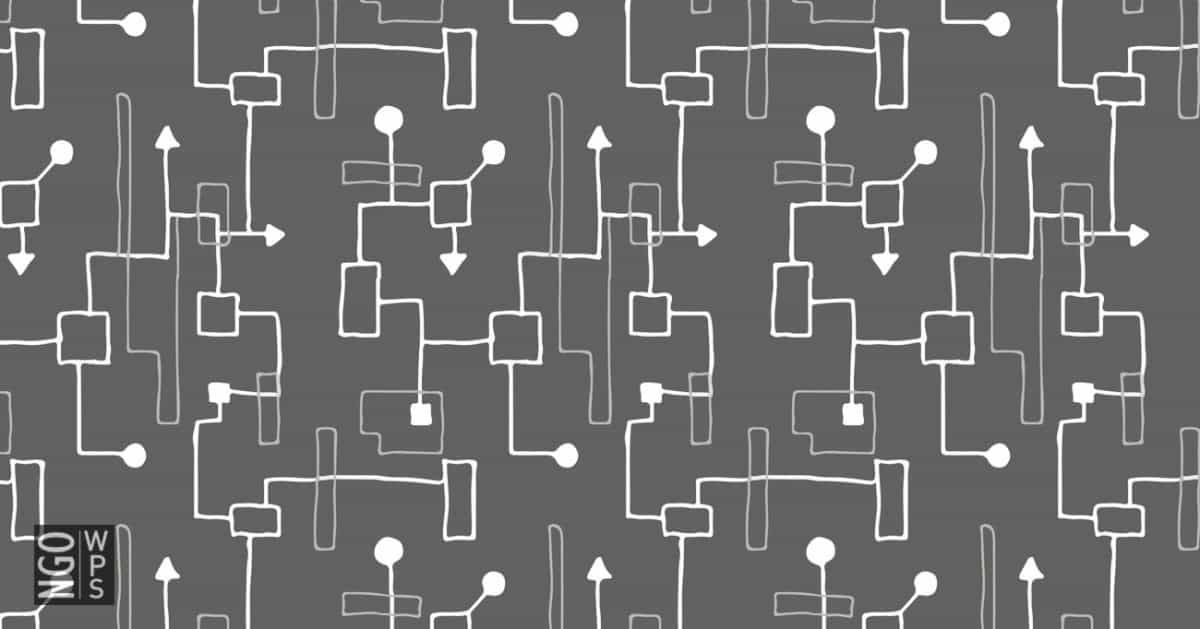Guinea
Women in Guinea, in addition to being disproportionately affected by the Ebola health crisis, continue to face constant threats of sexual and gender-based violence, including early and forced marriages, rape, human trafficking, and some of the highest rates of female genital mutilation/cutting (FGM/C) in the world; approximately 97% of women and girls in Guinea have been subjected to the process (International Federation of Gynecology and Obstetrics). Although Guinea has ratified the Convention on the Elimination of All Forms of Discrimination Against Women (CEDAW) and launched a National Action Plan pursuant to Resolution 1325 in 2009, civil codes in Guinea continue to subjugate and discriminate against women, including through provisions that require spousal approval for professional occupations for women. Recognizing that women’s inclusion in the political process is one of the most effective ways to counter violence and discrimination against women, the NGOWG advocates for the full and effective inclusion of women in all elections and at all levels of peaceful and democratic political transition. In addition, based on the work of NGOWG members, the NGOWG recognizes that impunity for sexual violence remains a looming threat to justice and must be eliminated.
Guinea
Women in Guinea, in addition to being disproportionately affected by the Ebola health crisis, continue to face constant threats of sexual and gender-based violence, including early and forced marriages, rape, human trafficking, and some of the highest rates of female genital mutilation/cutting (FGM/C) in the world; approximately 97% of women and girls in Guinea have been subjected to the process (International Federation of Gynecology and Obstetrics).
Guinea has ratified the Convention on the Elimination of All Forms of Discrimination Against Women (CEDAW), and launched a National Action Plan pursuant to Resolution 1325 in 2009. However, civil codes in Guinea continue to subjugate and discriminate against women, including through provisions that require spousal approval for professional occupations for women. Recognizing that women’s inclusion in the political process is one of the most effective ways to counter violence and discrimination against women, the NGOWG advocates for the full and effective inclusion of women in all elections and at all levels of peaceful and democratic political transition. In addition, based on the work of NGOWG members, the NGOWG recognizes that impunity for sexual violence remains a looming threat to justice and must be eliminated.
Current and Past Recommendations to the UN Security Council (Monthly Action Points)
The response to recent violence in Guinea, including targeted attacks on women, continues to develop rapidly. The Security Council, AU, ECOWAS and the Guinean authorities support an international Commission of Inquiry. It is vital that the COI should include expertise on violence against women, including sexual violence; and that any investigation and subsequent measures pay special attention to the gendered dimension of these acts of violence. All countries should cease military and police weapons transfers that could be used to commit crimes against women, and there must be no amnesty for crimes under international law, including sexual violence. Women should be substantially represented in power-sharing talks, which must also include women’s rights and interests.
Relevant Resources









